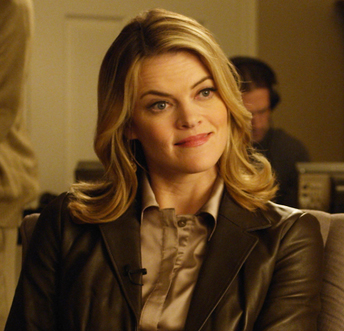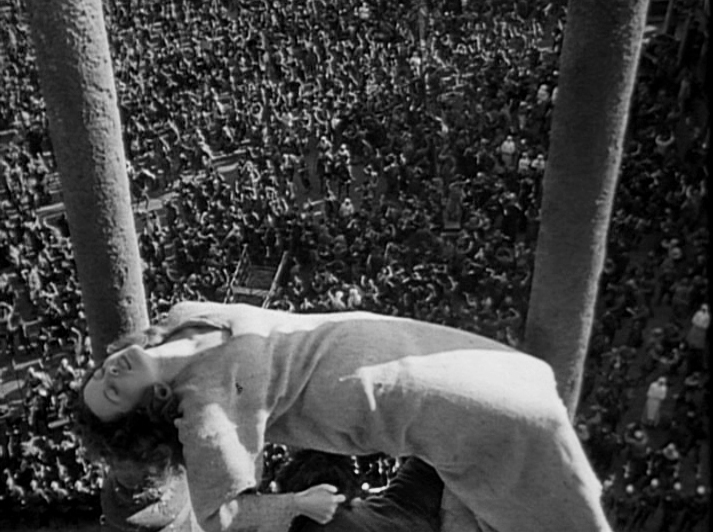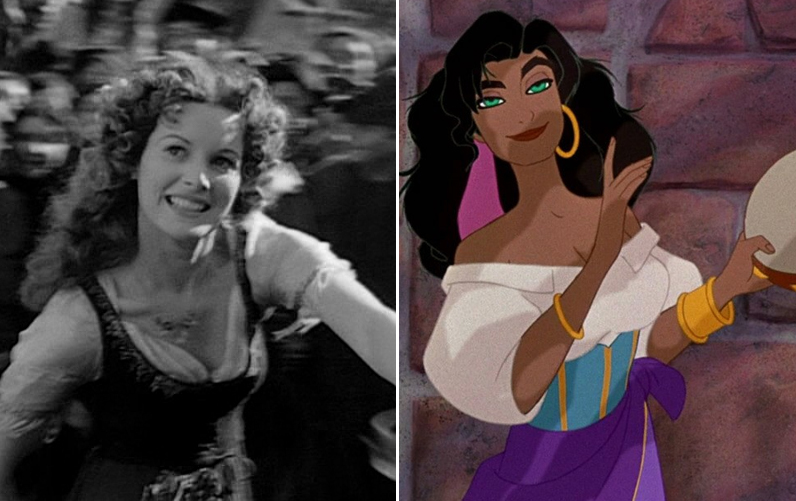As is our annual tradition we like to peruse the credits of the SAG Ensemble nods to see who got left out despite their film's nomination. The Film Experience started this kind of analysis ten years ago when The Aviator had some really dumb exclusions and inclusions but lots of other sites now cover the injustice. We never get credit for starting this line of Norma Rae righteous anger but, that said, at least a lot of people have it now.
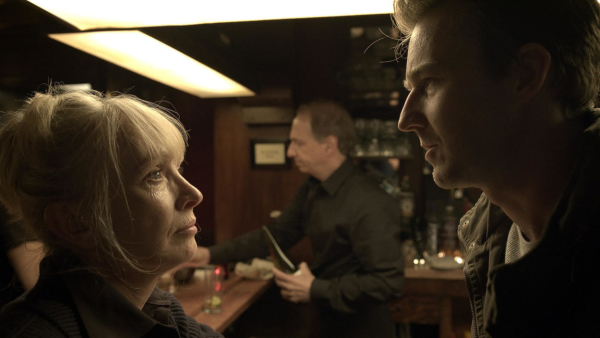 Did SAG think her face looked like she'd licked a homelessman's ass?
Did SAG think her face looked like she'd licked a homelessman's ass?
If you aren't familiar SAG uses a system whereby only actors with solitary title cards are official nominees for the Cast category. This means if you are famous in a bit part and have a good agent you are more likely to be an official nominee than the unknown who delivered a better performance in possibly a much larger role than yours but had to share his or her card. There are occasionally exceptions to this rule; no actors in Woody Allen films get their own title cards, so in those cases SAG uses the first roll call title card but not the second and we see this solution with Birdman this year which does not give its cast separate billings.
What this means is that sometimes the person giving the single best performance in a film, like Corey Stoll in Midnight in Paris a few years back gets the snub because they weren't famous enough even though they undoubtedly contributed to the nomination happening in the first place. Stoll is now famous enough to get his own title card which he can thank Midnight in Paris and all the things it led to (like House of Cards) for but at the time, despite inarguably contributing to the nomination appeal, he was left out.
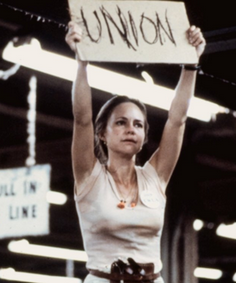 It's really an unfortunate system that a union like SAG should consider revamping: it essentially awards the rich and powerful and demeans the little guy which is kind of a union no-no, you know? So let's look at who's nominated (officially) and who's not from the nominated casts. Though, as I've often been reminded by those defending SAG, it is worth noting that the non-nominate nominees (errrr) still get some kind of 'congrats' citation from SAG and something to put on their resume and nobody really balks when they fudge the officialness and declare themselves a best cast nominee!
It's really an unfortunate system that a union like SAG should consider revamping: it essentially awards the rich and powerful and demeans the little guy which is kind of a union no-no, you know? So let's look at who's nominated (officially) and who's not from the nominated casts. Though, as I've often been reminded by those defending SAG, it is worth noting that the non-nominate nominees (errrr) still get some kind of 'congrats' citation from SAG and something to put on their resume and nobody really balks when they fudge the officialness and declare themselves a best cast nominee!
BEST CAST NOMINATIONS
(Listed in order of billing. This year proves to be far less egregious than past years in terms of thoughtless shunnings. But it's a tradition at The Film Experience so we'll soldier on through it)
BIRDMAN
Michael Keaton, Zach Galifanakis, Edward Norton, Andrea Riseborough, Amy Ryan, Emma Stone, Naomi Watts [They all share an end-credit title card - like how woody allen films do it, with only Keaton interrupting the alphabetization]
Who got the boot: Lindsay Duncan, Merrit Wever, and Jeremy Shamos share the second actor credits page. The Emmy winning Wever, of Nurse Jackie fame, is blink and you'll miss her as the stage manager so it's no great loss in terms of a citation but surely Lindsay Duncan, who is rather key to the narrative as the much-discussed fearsome critic "Tabitha," should have been the exception to the rule and among the nominees. I believe Shamos plays the "terrible" actor that Mike Shiner (Norton) replaces in the play within the movie. Bill Camp (the crazy homeless man!) and Damion Young are the only other actors with a shared credit card.
BOYHOOD
Patricia Arquette, Eller Coltrane, Lorelei Linklater, "and" Ethan Hawke [title cards end credits]
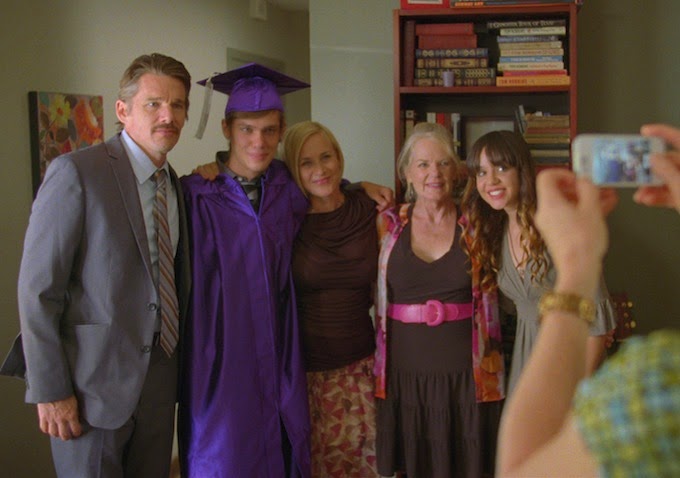 Only "grandma" is left out of Boyhood's blood relative nominees
Only "grandma" is left out of Boyhood's blood relative nominees
Who got the boot: Though this seems somewhat fair given the 12 years that the immediate fictional family put into the project, there are a few other players who stuck around a year or three or four with highlighted roles. So you could complain (though I'm never in the mood for complaining when it comes to this gift of a movie) about the lack of Libby Vallari (Grandma) especially. There's also Barbara Chisolm as the mom's protective generous friend (Carol) or either of mom's drunk later husbands Marco Perella (as Professor Welbrock) or Brad Hawkins (as Jim)
GRAND BUDAPEST HOTEL
Ralph Fiennes, F Murray Abraham, Mathieu Almaric, Adrien Brody, Willem Dafoe, Jeff Goldblum, Harvey Keitel, Jude Law, Bill Murray, Edward Norton, Saoirse Ronan, Jason Schwartzmann, Lea Seydoux, Tilda Swinton, Tom Willinson, Owen Wilkinson, and "Introducing" Tony Revolori
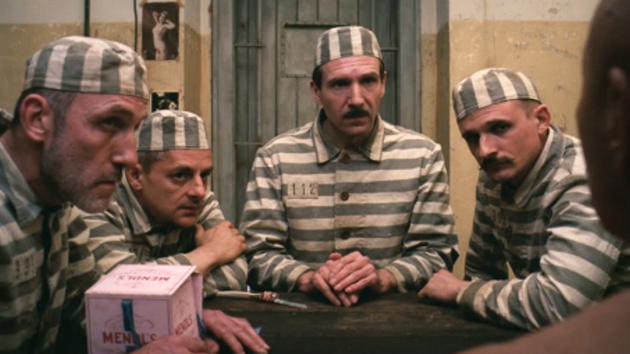 Grand Budapest has an insanely large cast so it makes sense that not everyone can be included. Sorry, prison gang!
Grand Budapest has an insanely large cast so it makes sense that not everyone can be included. Sorry, prison gang!
Who got the boot: With the largest cast nominated, 17 players, all the important players as well as a few famous cameos are accounted for. So no complaints. Of those not "officially" included my votes for most memorable would go to Giselda Volodi as Serge's doomed club-footed sister and Florian Lukas as "Pinky" in the jail. Others might miss the cameos by the "The Society of the Crossed Keys" Wes Anderson regulars Bob Balaban, Wally Wolodarski and Waris Ahluwalia share that title card.
THE IMITATION GAME
Benedict Cumberbatch, Keira Knightley, Matthew Goode, Rory Kinnear, Allen Leech, Matthew Beard, "with" Charles Dance, "and" Mark Strong [title cards after prologue]
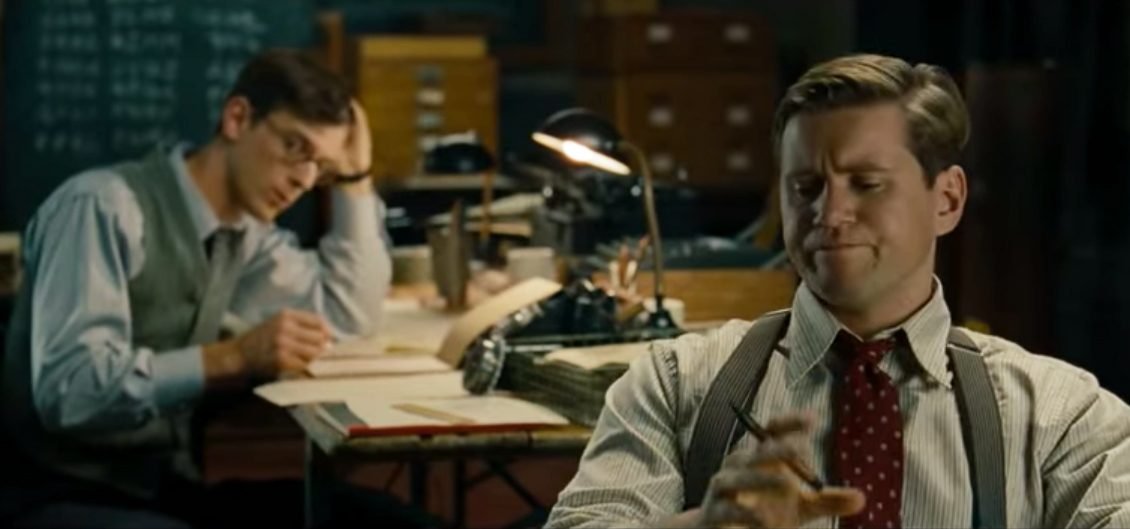
Who got the boot: Among the government corralled code-breaking teams James Northcote (who was also in Nymphomaniac and Belle this year) as "Jack Good" is left out, as are the young actors Alex Lawther and Jack Bannon who play Alan Turing and his mate Christopher in their boys school youth. And I might be a teeny tiny bit annoyed to see Tuppence Middleton left out since I loved her scene(s?) as "Helen" - and because she gifted Turing and Team with their scripted 'Eureka!' moment with all her flirtatious you know? But overall the nomination here is inclusive enough.
THEORY OF EVERYTHING
Eddie Redmayne, Felicity Jones, Charlie Cox, Emily Watson, Simon McBurney, "and" David Thewlis. [title cards end credits]
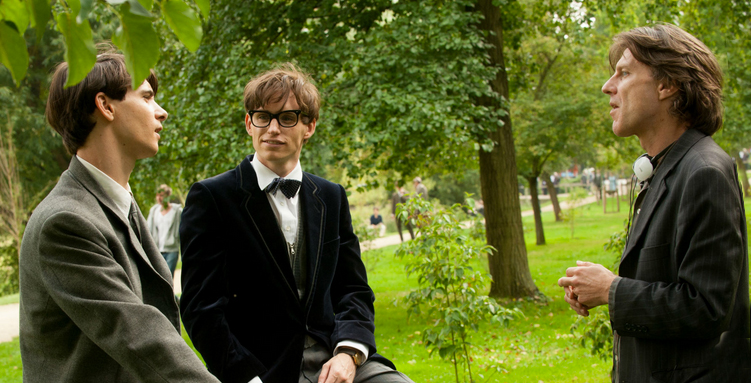 Harry Lloyd was Best Friend to Hawking, but doesn't get to enjoy the awards spoils
Harry Lloyd was Best Friend to Hawking, but doesn't get to enjoy the awards spoils
Who got the boot: The only principal cast members who got title cards but were left our are Maxine Peake and Harry Lloyd who had to share a card. This is a shame. Both Lloyd and Peake have major roles as Hawking's speech therapist of sorts and his best friend respectively so this is disappointing. Those are certainly much bigger parts and more impressive performances than, say, Emily Watson whose role Nick famously and hilariously summarized in our podcast as
You haven't met me. You should go to church. Bye!"
What did you think of the SAG Cast Nominations, readers? Which films were you upset to see left out and which film are you rooting for for the win?
 Thursday, December 18, 2014 at 9:30AM
Thursday, December 18, 2014 at 9:30AM 



